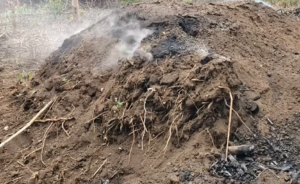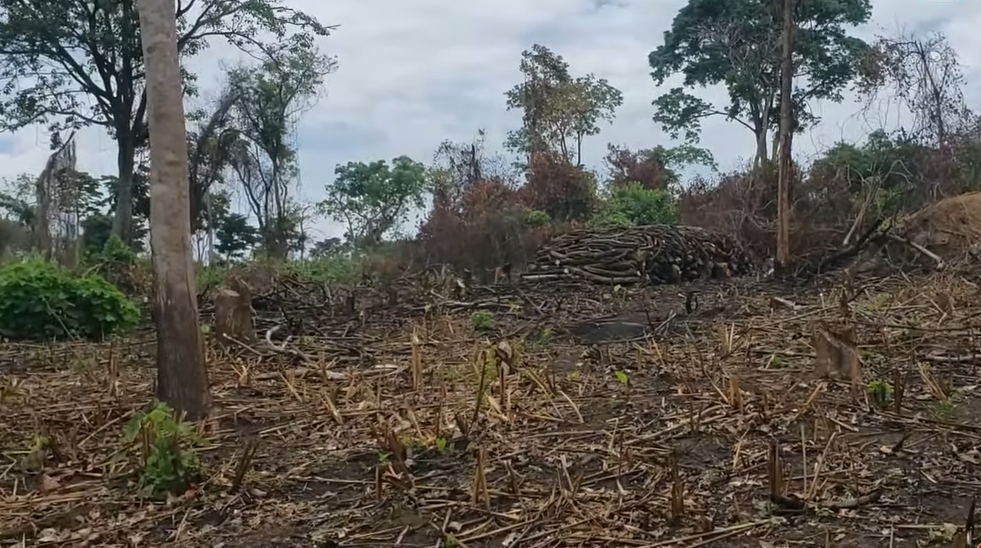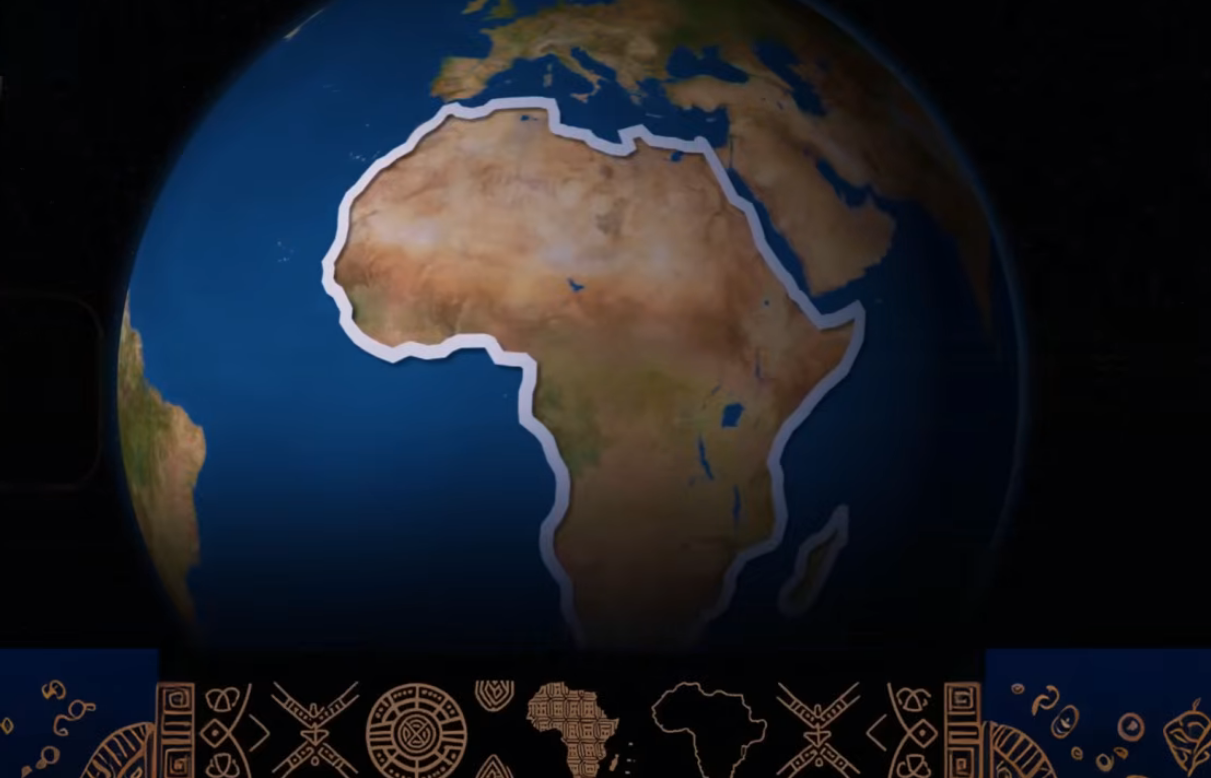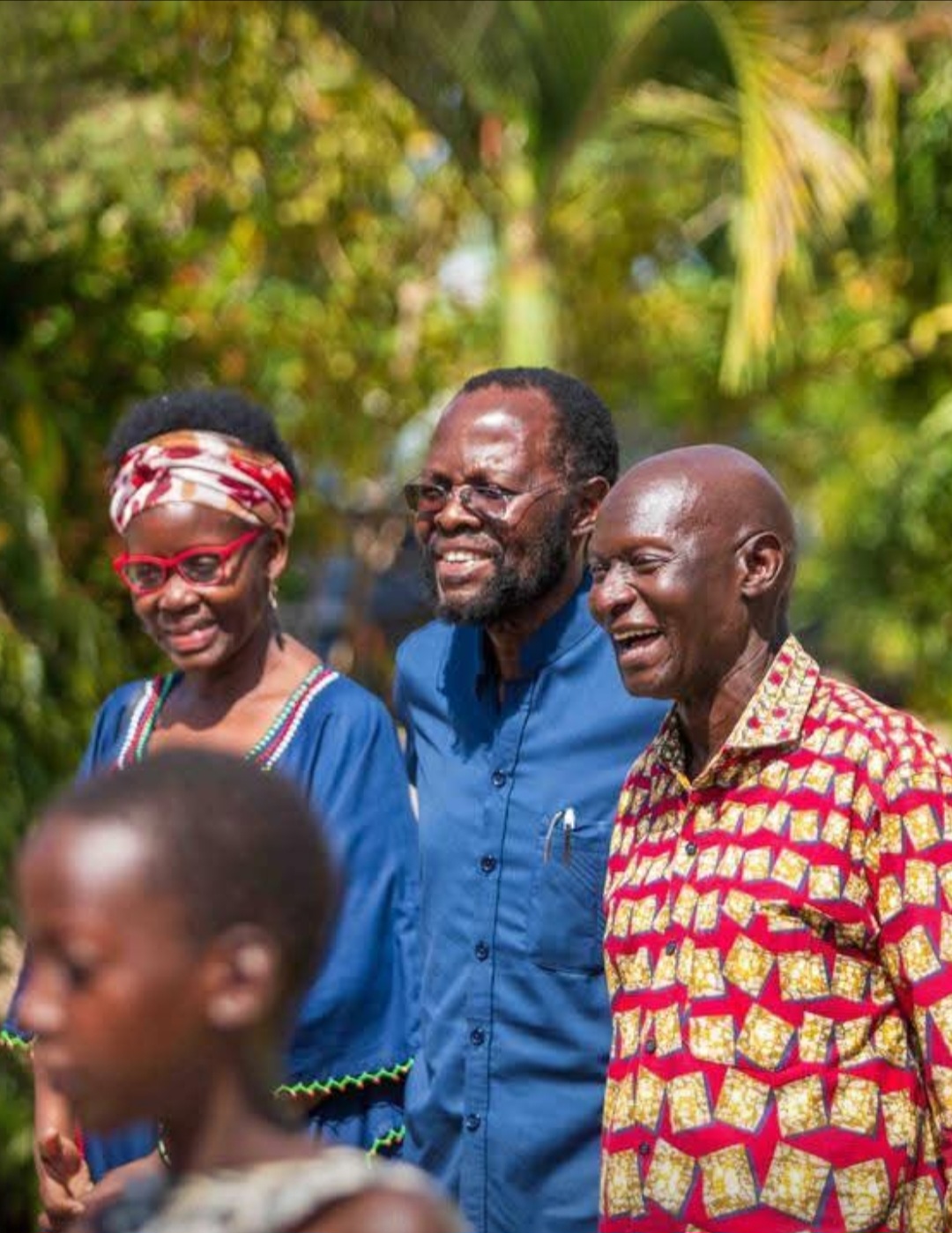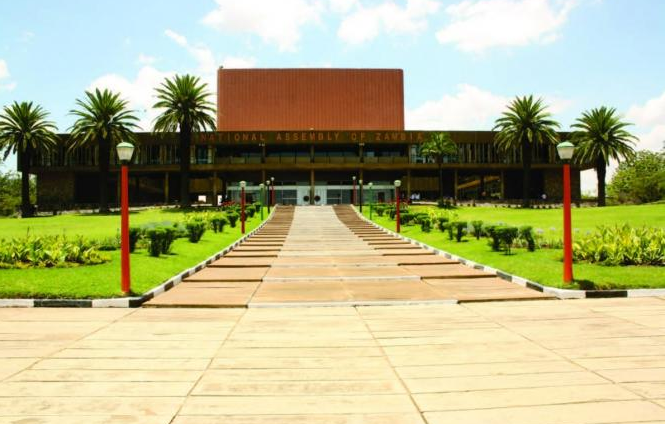Photos: YouTube Screenshots
By Okot Nyormoi
Climatic change is not a hoax as peddled by conspiracy theorists. We now know that it is caused by natural as well as human activities, with devastating effects on both living and non-living things. To combat the fast-developing adverse effects of climatic change, various actions including the establishment of international treaties, and conventions have been taken. Similarly, international and national agencies have been created to implement resulting policies on climatic change. Furthermore, frequent conferences are held to review the progress of efforts to mitigate past, present and anticipated future damages of climatic change. The most recent gathering was the 27th Conference of the Parties to the United Nations Framework Convention on Climate Change (COP27) held from November 6th to 20th, 2022 at Sharmel-Sheik, Egypt. The Convention adopted an Action Plan for saving planet earth from the growing threat of climatic change.
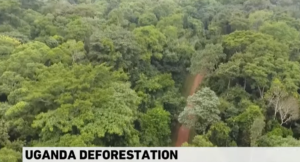
Here, I will focus attention on the urgency to arrest the appalling environmental degradation caused by the indiscriminate deforestation for charcoal production in Acholiland in Northern Uganda.
Of course, various Ugandan governments participated fully in multiple international meetings and agreed with other participating countries to collectively work towards slowing, halting and reversing forest cover and carbon loss, according to each national circumstances, without contradicting the various international plans of action such as the one adopted in November 2022 at Sharmel-Sheik, Egypt. In principle, Uganda has all the requisite institutions including the National Environment Management Authority (NEMA), the National Forest Authority (NFA) and personnel for implementing the plans to combat deforestation which was never known in the history of the land.
Before 1986, Acholiland was generously endowed with all kinds of vegetation including grass, shrubs, and trees. The vegetation was used judiciously by every creature that inhabited the area. Apart from the annual burning during the dry season, there was no evidence of serious environmental degradation. I recall that when I was growing up, unless one was up a tall tree or atop a hill, it was impossible to have a clear view of the land without being blocked by isolated big trees or forests of all sizes. However, during the last 50 years, especially during the 20-year war (1986-2006) between the National Resistance Army (NRA) led by Yoweri Museveni and the Lord’s Resistance Army (LRA) led by Joseph Kony, the vegetation has deteriorated steadily. In many places, one can now see for miles and miles because trees, big or small, have been mercilessly chopped to pieces to make charcoal for sale in big cities within and in neighboring countries including Kenya, Tanzania, and Rwanda.
To tame the growing charcoal business in Uganda, research were conducted, recommendations were made, and government policies and laws were passed to regulate the industry allegedly to alleviate poverty in a sustainable manner without degrading the environment. Unfortunately, neither the promised equitable economic development nor environmental sustainability is happening because most of the main beneficiaries are not members of the local community. According to the 2021 Uganda Bureau of Statistics (UBS), the north in general and the Acholi sub-region in particular, remains one of the poorest part of Uganda. The Acholi sub-region at 10.3% stands in third place behind Bukedi at 10.4 % and Busoga at 14.5% in the level of poverty. Some people even think that the tinny difference between Bukedi and Acholi was cynically fenagled to hide the monumental failure to eradicate poverty despite the huge funds donated for reconstruction and rehabilitation of the war-ravaged sub-region when the NRM-LRA shooting war ended in 2006.
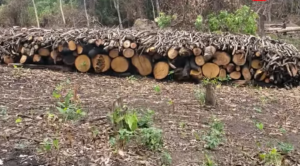
Yet, for years the appalling illegal deforestation in Acholiland which was started by some military officers during the war has mercilessly continued to occur under the watchful eyes of the president and all the state institutions available under his command, to preserve and protect all valuable national resources. The futility of expecting the government to implement the laws and recent orders to protect the environment, led the former Aruu County member of parliament, Hon. Odonga Otoo, the South Kilak County MP, Hon. Gilbert Lakony, together with other concerned citizens formed the Ribbe Pi Paco (RPP) organization, to mobilize the Acholi community to stop the illegal charcoal business which is destroying the environment. As if responding to a cue, responsible officials kept quiet while shouting hysterically in support of the homophobic bill. Even more heartless response of law enforcement agents was that instead of appreciating the people’s effort to enforce the band on deforestation, RPP was accused of breaking the law and some members were arrested. Moreover the recent NEMA’s order to arrest illegal charcoal dealers simply sounds hollow.
Why would Gen. Museveni who prides himself in being regarded as the fountain of knowledge and a promoter of science, cast a blind eye to the heinous destruction of the environment whereas he is always quick to issue orders to selectively enforce certain laws like the draconian Public Order Management Act of 2013?
The easy answers people give are poverty, marginalization, ignorance, greed, land grabbing, corruption, etc. While such factors are not wrong, they are simply the symptoms of a sinister underlying cause. Focusing on individual factors like poverty alone leads to a partial understanding of the situation and provides unintended justification for the illegal charcoal business. A better approach is to look at the problem historically and according to the adage which says that fish starts rotting from the head; and also according to the idea that understanding a problem correctly is half the solution. Therefore, to understand the ongoing deplorable deforestation problem, we must identify the proverbial fish head, determine why and when it started to rot.
If the truth be told, the proverbial fish here is Uganda’s head of state, Gen. Yoweri Kaguta Museveni. Two important events are critical in understanding Museveni’s apathy towards the ongoing deforestation in Acholiland. Museveni’s ambition to become President, and subsequently to remain in power indefinitely has been guided by what he wrote in his 1969 thesis on violence at the University of Dar-es-Salaam. He said,
“To transform a human being into an efficient, uncouthly, and completely subservient slave, you have, as a pre-condition, to completely purge him of his humanity, manhood, and will. Otherwise, as long as he has some hope of a better, free future, he will never succumb to enslavement. To become an efficient instrument of oppression, you have to radically de-humanize yourself by forgoing many qualities that are normally found in balanced human beings. You purge yourself of compassion, altruism, consideration of other people’s suffering and the capacity to restrain your greed….”.
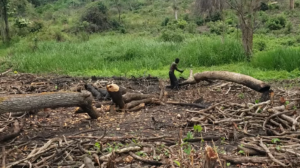
The second factor is what Museveni said in 1986 when he confidently declared that “Africa’s problem is not poverty but leaders who overstay in power“, implying that to solve Uganda’s problem, he would not overstay in power as his predecessors whom he derogatorily called “swine” did. Guess what, 37 years later, he is still in power and has become the swine. To put it in context, he has outlasted six US presidents and might as well outlast the current President, Joe Biden, since his candidacy for the shambolic ritualistic election scheduled for 2026 is already being ring fenced. Moreover, his son has also staked his claim on the throne by working on the so-called MK Project (Muhoozi Kaenerugaba) to assume the presidency in 2031. If we accept Museveni’s 1986 identification of Africa’s problem, then the conclusion is inescapable that after 37 years in power, he has become part of the problem of Africa.
A cursory search will easily find evidence showing that Museveni has already applied his theory on violence in Northern Uganda, especially against the Acholi people, including using dehumanizing language, physical violence, land grabbing, environmental destruction, regional marginalization, impoverishment, neglect of health and educational institutions, etc. Evidence also shows that he has built an elaborate patronage system to secure and maintain loyalty, especially from ambitious young people and people who feel that there is no better tomorrow unless they take the bait dangled by the patronage system.
Gen. Museveni has also said it more than once that corruption is not a problem so long as the ill-gotten wealth is invested in the country. Even more recently as 2021, he warned his Inspector General of Government when he said, “Don’t touch the corrupt people. They are the investors we have. When they steal, they build 5-star hotels here. Leave them alone”. Is it any wonder that corruption in the charcoal business is analogous to an Acholi proverb which says that the hind hoofs of a cow follow the front hoofs?
It should also be understood that foreign governments as well as private businesses play critical roles in enabling Gen. Museveni to do what he does. When his foreign beneficiaries raise concerns about abuse of power, he often finds ways to pull wool over their eyes or forces them to look the other way and continue to provide the financial, military as well as intelligence he needs to enforce the notion that there is no better tomorrow without him in the presidential seat.
Therefore, I appeal to all environmental activists around the world to urgently support the initiative of the RPP to stop the ongoing appalling charcoal business-driven deforestation in Acholiland.
